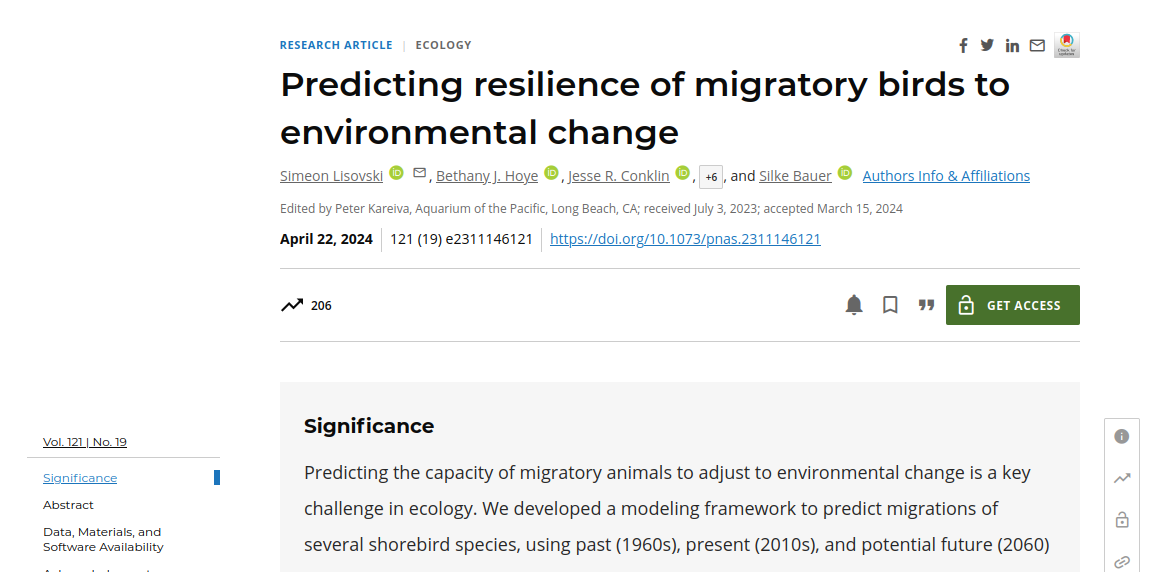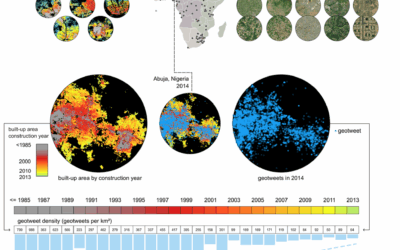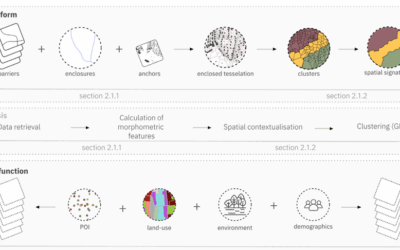A new publication on “Predicting resilience of migratory birds to environmental change” jointly with the Alfred Wegener Institute Helmholtz Centre for Polar and Marine Research, Section Polar Terrestrial Environmental Systems and others was just published.
From the abstract: “The pace and scale of environmental change represent major challenges to many organisms. Animals that move long distances, such as migratory birds, are especially vulnerable to change since they need chains of intact habitat along their migratory routes. Estimating the resilience of such species to environmental changes assists in targeting conservation efforts. We developed a migration modeling framework to predict past (1960s), present (2010s), and future (2060s) optimal migration strategies across five shorebird species (Scolopacidae) within the East Asian-Australasian Flyway, which has seen major habitat deterioration and loss over the last century, and compared these predictions to empirical tracks from the present. Our model captured the migration strategies of the five species and identified the changes in migrations needed to respond to habitat deterioration and climate change. Notably, the larger species, with single or few major stopover sites, need to establish new migration routes and strategies, while smaller species can buffer habitat loss by redistributing their stopover areas to novel or less-used sites. Comparing model predictions with empirical tracks also indicates that larger species with the stronger need for adaptations continue to migrate closer to the optimal routes of the past, before habitat deterioration accelerated. Our study not only quantifies the vulnerability of species in the face of global change but also explicitly reveals the extent of adaptations required to sustain their migrations. This modeling framework provides a tool for conservation planning that can accommodate the future needs of migratory species.”
read the article here: https://www.pnas.org/doi/10.1073/pnas.2311146121








